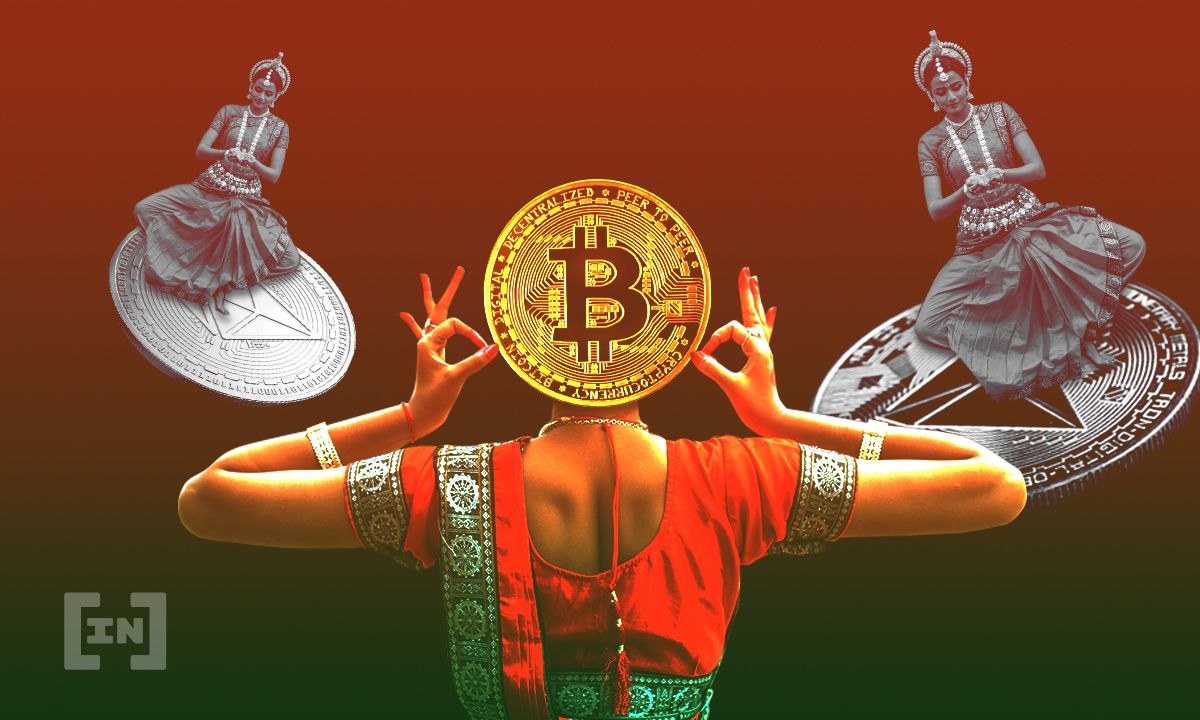Indians are turning to P2P platforms and groups on messaging platforms to facilitate crypto trades as banks implement obstacles to such trades.
While the Indian government deliberates over regulating the crypto market, citizens continue to put capital into the market via P2P platforms. Local media reports indicate that crypto investors have turned to P2P platforms and groups on Telegram and WhatsApp to facilitate trades. These platforms reportedly account for about 60–80% of all transactions.
The news follows reports that one of the most popular banks in the nation, State Bank of India, blocked fund receipts by crypto bourses on the national payment platform, UPI. This has led to a greater number of investors turning to other methods.
Nischal Shetty, CEO of exchange WazirX, said,
“P2P is not a way to trade crypto, but instead, it’s a fiat to crypto on-ramp solution. In the absence of banking options during the banking ban, people would use P2P to convert their fiat to crypto (USDT) and vice-versa.”
Indians are highly interested in the cryptocurrency market, and it’s proven to be the case, even as rumors regarding a ban floated for a while. The Reserve Bank of India, the country’s central bank, issues an order to banks to stop facilitating transactions related to cryptocurrencies. This was eventually overturned by a Supreme Court decision — but banks continue to be hesitant about allowing such transactions.
Where will India stand on cryptocurrency?
The Indian government has vacillated on its decision to regulate the crypto market. Some reports indicated an outright ban, while others suggested reasonable regulation.
The latest reports indicate that the government will classify cryptocurrencies as commodities and tax them accordingly. There is also some indication that the maximum amount that can be held will be $250,000. The parliament should debate cryptocurrency in its next session.
Pro-cryptocurrency groups have lobbied against the government extensively. They state that any draconian resolution would leave India playing catch up in the future. The alternative, that they recommend, is to introduce regulation that encourages innovation while protecting investors and national interests.
The government and central bank, meanwhile, are working on a central bank digital currency (CBDC), which may see trials by the end of the year. The outlook, at this point at least, appears to be somewhat optimistic for Indian investors, who will rejoice that the government is at least considering friendly regulation.
What do you think about this subject? Write to us and tell us!
Trusted
Disclaimer
In adherence to the Trust Project guidelines, BeInCrypto is committed to unbiased, transparent reporting. This news article aims to provide accurate, timely information. However, readers are advised to verify facts independently and consult with a professional before making any decisions based on this content. Please note that our Terms and Conditions, Privacy Policy, and Disclaimers have been updated.


